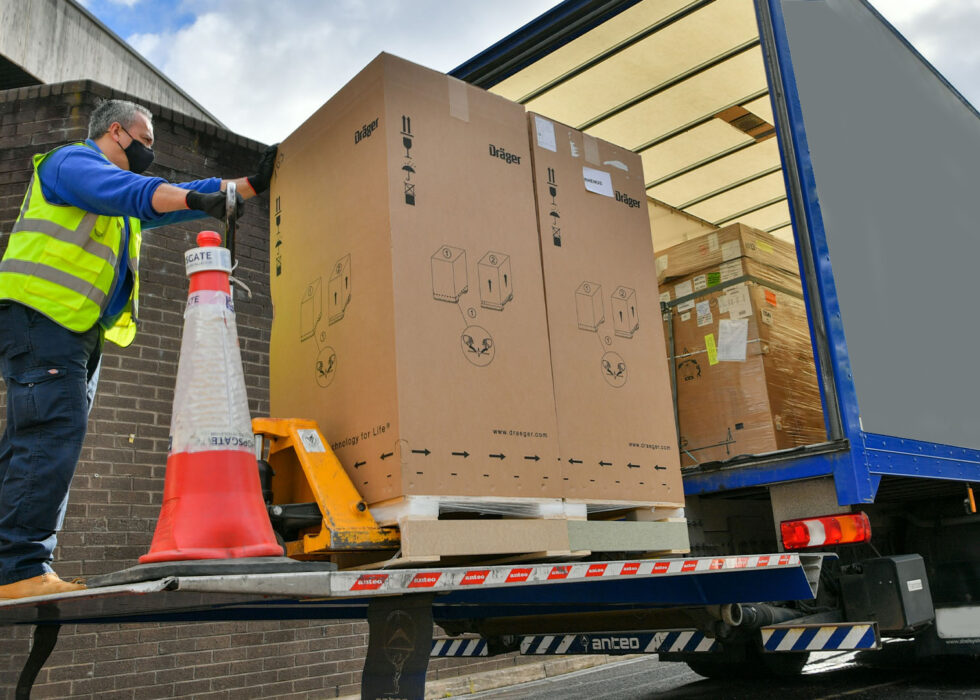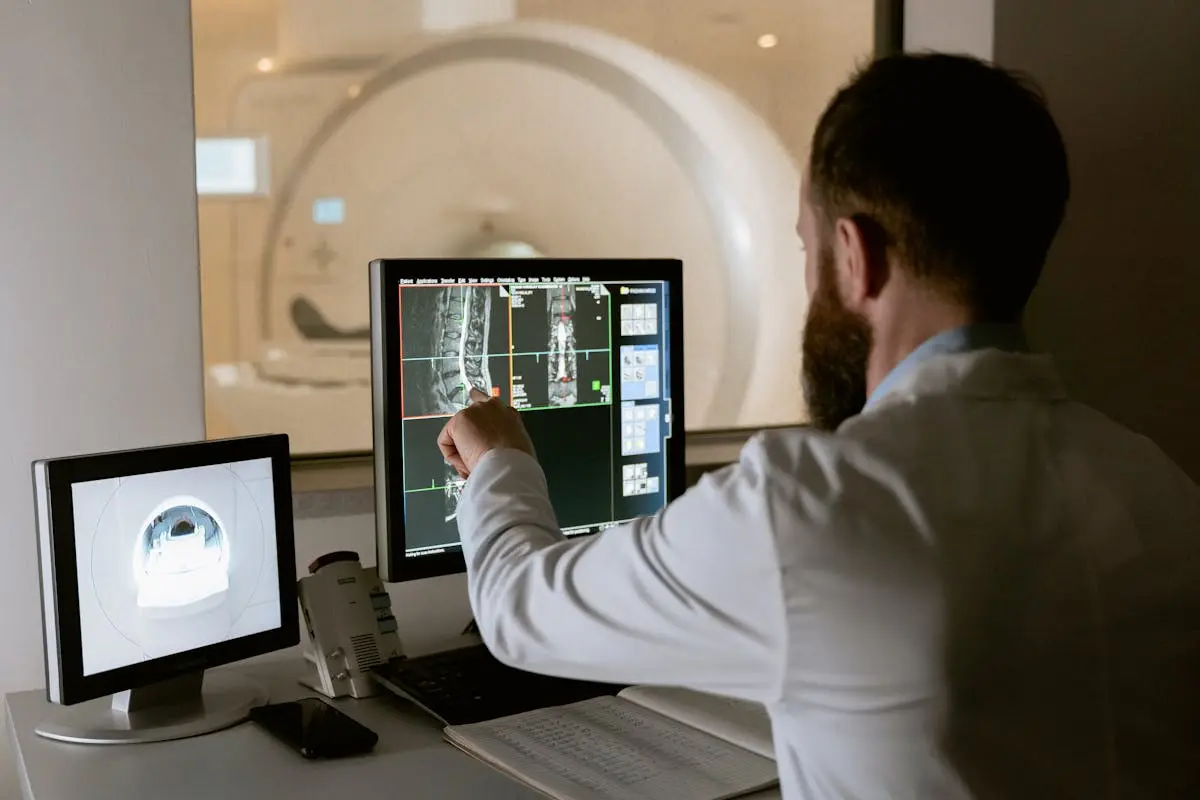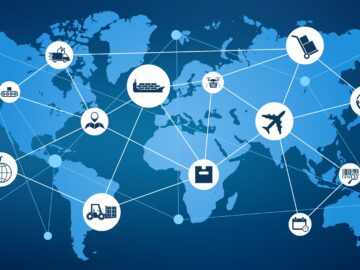7 Reasons Medical Logistics are Crucial for Healthcare
Healthcare continues to be one of the most dynamic industries, with new advances and technologies coming on the scene every day. But getting these technologies and medical equipment to those who will benefit from it most is where medical logistics plays a crucial role. For 3PL’s with a specialty in medical and healthcare logistics, ensuring an effective and comprehensive program is more important than ever.
Medical logistics goes beyond just transporting medicines and equipment—it’s about saving lives. In this blog, we’ll explore why medical logistics is integral to the healthcare system, and how it plays an essential role in maintaining seamless operations.
1. Ensuring Timely Delivery of Essential Supplies
Timely delivery of medications, vaccines, and medical devices is crucial in healthcare. Delays can lead to compromised patient care, which is why efficient logistics are indispensable.
Without a robust logistics network, even the most advanced hospital facilities can find their operations stifled. This includes procuring essential items like biopsies, pharmaceuticals, and biological samples, along with equipment used for testing and diagnostics. An efficient logistics system ensures that these items are warehoused and delivered with precision, ultimately contributing to smoother medical procedures.
Moreover, having a reliable logistics partner is not just about meeting delivery windows; it’s about outmaneuvering the unpredictability that often accompanies healthcare demands. As we see here at TechTrans, sudden needs for critical equipment repairs underscore the necessity for a logistics partner that can respond swiftly, preventing any disruption to patient care.
2. Maintaining the Cold Chain
Certain medical supplies, such as vaccines, require precise temperature conditions. Medical logistics ensure that the cold chain is maintained from start to finish, preserving the efficacy of these critical supplies.
A disruption in the cold chain can render pharmaceuticals less effective or even useless. To avoid this, logistics companies incorporate state-of-the-art technology that includes real-time tracking systems to ensure products remain within the required temperature threshold throughout transit.
Beyond temperature control, having an efficient supply chain infrastructure is critical to meeting demand when needed. As we saw with the cold supply chain issue during the pandemic, a supply chain fraught with logistics challenges can make it difficult, if not impossible, for medical and pharmaceutical companies to get critical supplies and vaccines to consumers when it matters.
3. Optimizing Inventory Management
Efficient logistics systems help healthcare facilities manage their inventory better, ensuring that essential supplies are always in stock while avoiding excess that could lead to waste.
By leveraging logistics expertise, healthcare facilities can strike a balance between supply and demand. For instance, understanding how inventory fluctuations can impact costs enables facilities to adopt strategies that avoid stock-outs and overstock situations. As outlined by the Kaizen Institute, effective inventory, warehousing and distribution strategies can significantly reduce delivery times and mitigate costs associated with poor planning or lack of visibility.
4. Enhancing Patient Care and Safety
By ensuring that all necessary medical supplies are available when needed, medical logistics play a direct role in enhancing patient care and safety, allowing healthcare professionals to provide optimal treatments.
For example, the rapid distribution of Durable Medical Equipment (DME) like hospital beds and mobility aids can significantly enhance patient comfort and care, especially in home settings. The growth of home-based healthcare, as discussed in this DME Logistics Needs blog, underscores the importance of robust logistics solutions that are nimble enough to adapt to growing and diverse care environments.
5. Streamlining Costs through Efficiency
Streamlined logistics processes lead to cost savings by reducing delays, errors, and waste. This allows healthcare facilities to allocate resources more effectively.
Investing in a comprehensive logistics service eliminates the burden of managing warehousing spaces. As hospitals navigate fluctuating demands, outsourcing logistics allows them to pay only for the services they need, thus optimizing operational budgets.
6. Adapting to Technological Advancements
With the advent of technology such as AI and IoT, medical logistics continue to evolve, offering innovative solutions that enhance tracking, forecasting, and delivery processes.
Modern logistics tools provide unparalleled visibility into the supply chain, allowing healthcare providers to forecast needs accurately and respond proactively. Innovations such as real-time ambient condition monitors or use of Digital Twins technology assure stakeholders of product safety, built-in efficiencies and cost savings, and even compliance with regulatory bodies.
7. Supporting Disaster Response and Preparedness
In times of crisis, an efficient medical logistics system ensures rapid deployment of essential supplies and equipment, supporting emergency response efforts and disaster preparedness.
During disasters, the need for a swift medical response can be the difference between life and death. Logistics play a pivotal role by swiftly mobilizing resources where they are most needed. A proactive stance taken in logistics planning can greatly improve the effects of unexpected strains, and allow a timely logistics response to significant crises and challenges.
In the end, having a comprehensive view and real-time management of products and equipment in the healthcare supply chain is crucial to effective medical logistics and overall improved healthcare.






